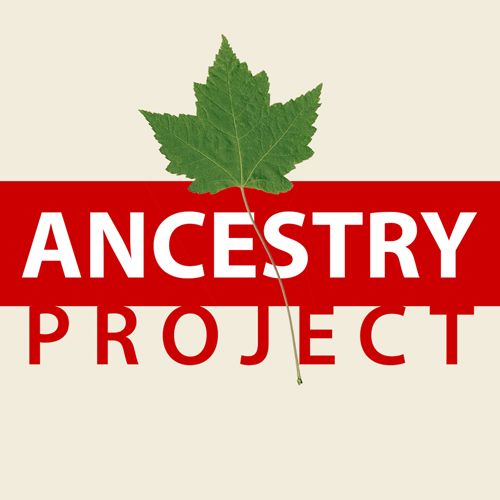Teaching and Studying In Flanders Fields and other Poetry
Introduction
This post was inspired by the process of creating the combined Ancestry Project document, “Famous Canadians: John McCrae / Poetry Study: In Flanders Fields and Other Poems by John McCrae” Access the document by registering and downloading the full John McCrae / In Flanders Fields PDF from:
https://tdot.com/ancestryproject/remembrance-day-and-john-mccrae/
This post was written with two groups of potential students in mind: ESL English students and young people in grades 5-9. It is a broad topic regardless and poetry can be incorporated in a lot of teaching situations.
Feedback is welcome! Please let us know what you think in the comments!
Challenge and reward
I have always thought that students at most levels are under-challenged. If you want to empower your students give them some worthy material to work with. Give them occasional materials that are above level. Some teachers will engage students with games and crafts – and I certainly believe there could be value in playing games like bingo, creating posters, or even, in this case, drawing and colouring poppies.
However, poetry is one of the most significant of the products of human genius and lays at the peak of communication endeavour. I fully encourage you to take the time, with your beginner, intermediate, and advanced students to have fun and expand the awareness and abilities of your students.
A young or low level group of students could read In Flanders Fields aloud, especially after some time to practice, and a few opportunities to listen to others reading aloud first. And advanced students can move beyond typical production activities to a higher level altogether – how about having students write their own poems using McCrae’s work as a model or template? How about setting these poems to music? There’s often one student in the class with some musical talent.
Poetry Workshop
Personally, I studied a variety of things but a favourite was English lit. One of my fondest classes at U of T was called “Poetry Workshop.” Though we wrote original works and often free verse, we were sometimes asked to copy the structure and style of a classic poem. It was a great exercise. It’s a terrific method for exposing a student to new kinds of writing and taking some pressure off.
I suggest engaging your students like it’s a creative workshop. Keep an open mind for different kinds of creative output and production. I hope you see value in approaching the topic with an intensive look at his poetry and similar works. In Flanders Fields is a truly amazing poem,but consider it a jumping off point for further study and appreciation.
Enjoy your poetry study and let me know how it goes!
Working with In Flanders Fields and Poems of World War I
It’s obvious that John McCrae and In Flanders Fields are worthy of extended study, but how about introducing other poems and poets?
In the Poetry Study PDF I have included a link to Poetry Foundation, to a poem by another young poet who was killed in World War I. “Break of Day in the Trenches” by Isaac Rosenberg is a great companion poem to “In Flanders Fields.” Why not compare and contrast them both?
Classic Poems Quick Study
Poetry doesn’t require special study though it can quickly get unwieldy in its potential complexity. Do you have a morning reading period or special afternoon activity on Fridays? Why not work in a poem or two (whatever your level can handle).
Here are a few classics poets and poems for your consideration:
Shakespeare – Sonnet 116
Dennis Lee – Alligator Pie
Robert Frost – The Road Not Taken
This list has a bit of everything – classic poems to move and think and entertain. Though Shakespeare requires a lot of study on a line by line basis the payoff is huge. Dennis Lee’s children’s book is a fun read, especially aloud. Beginners will appreciate the absurdity and the pictures bring it all to life (search out the version for small children). Lastly there is no better poem to study for quick bites and deeper investigation than “The Road Not Taken” by Robert Frost. Be sure to read a guide to that to be able to discuss the dual meaning (there is the road not taken and the road less travelled, which aren’t the same thing).
Links and Resources
Visit the project page for “Remembrance Day and John McCrae” to download your PDF copy of the lesson.
3 Great Poems
Shakespeare – Sonnet 116
https://en.wikipedia.org/wiki/Sonnet_116
Dennis Lee – Alligator Pie
https://canpoetry.library.utoronto.ca/lee/poem7.htm
Dennis Lee recites Alligator Pie
https://youtu.be/h3eypsqkcUY
Robert Frost – The Road Not Taken (includes audio)
https://www.poetryfoundation.org/poems/44272/the-road-not-taken
More Poems by Robert Frost
Robert Frost – After Apple Picking
https://www.poetryfoundation.org/poems/44259/after-apple-picking
Robert Frost – Christmas Trees
https://www.poetryfoundation.org/poems/57834/christmas-trees
Robert Frost – Poem Analysis and Bio
The Road Not Taken: The Poem Everyone Loves and Everyone Gets Wrong
https://www.poets.org/poetsorg/text/road-not-taken-poem-everyone-loves-and-everyone-gets-wrong
Robert Frost biography
https://www.poetryfoundation.org/poets/robert-frost

Register today. Get free access to courses and teaching resources.
